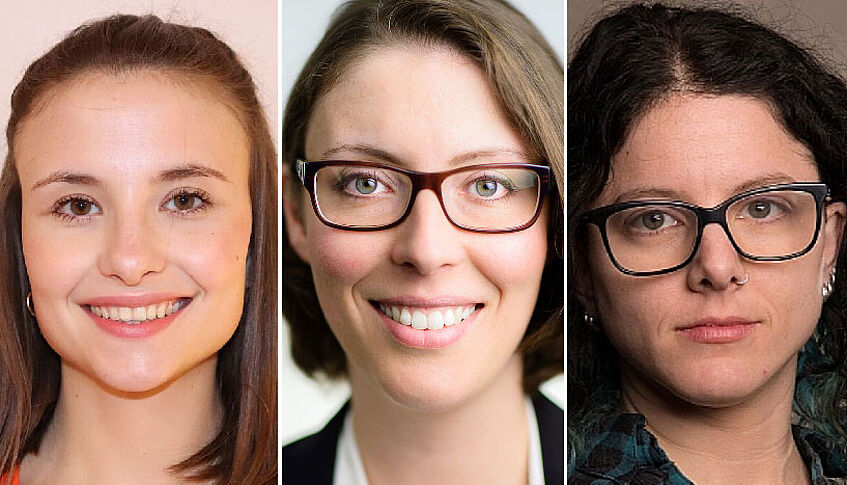
Project title: "Laughing Together".
Project team/partners: Prof. Stefanie Höhl, Dr. Carolina Pletti, Verena Schäfer.
Institute/Department: Department of Developmental and Educational Psychology/Developmental Psychology Unit.
Goal of the project: In the context of bio-behavioural synchrony, this project investigates how joint laughter affects social behaviour such as cooperation. We measure the mechanism of interpersonal synchrony using ECG, behavioural observation and fNIRS hyperscanning.
Why is this important? Laughter is essential for interpersonal relationships. Still, there is not much data on the relationship between laughter and prosocial behaviour. Understanding the mechanisms that lead to cooperative behaviour is an important knowledge for further research and educational implications.
Abstract: Humans start laughing early in life, in response to tickle, play, or humor. Laughter is contagious and plays an important role in bonding. However, despite its pervasiveness, a deep understanding of the function of laughter is still lacking. Being a positive, rhythmic social signal, laughter possesses the necessary characteristics to induce interpersonal synchrony, which facilitates cooperation and affiliation. Interpersonal synchrony might be the mechanism making laughter an effective bonding tool. This might be in place from early on and play an important role in peer relationships. This project aims at unveiling the mechanisms of laughing together, using a developmental social neuroscience approach. The results will clarify the role of laughter in social interactions and open new lines of research..
Explanation - easy to understand: We study the effects of laughter on people's behaviour. When two people laugh together, processes in their brains can synchronize. This means that the brain activity we measure looks very similar. In addition, people's heart rhythms and body movements can also align with each other, i.e. synchronize. The synchrony between people can make them feel like they belong to each other. People who feel they belong to each other are willing to cooperate with each other, for example, by working together in a game to achieve a common goal.
Further information: https://cordis.europa.eu/project/id/101023989
